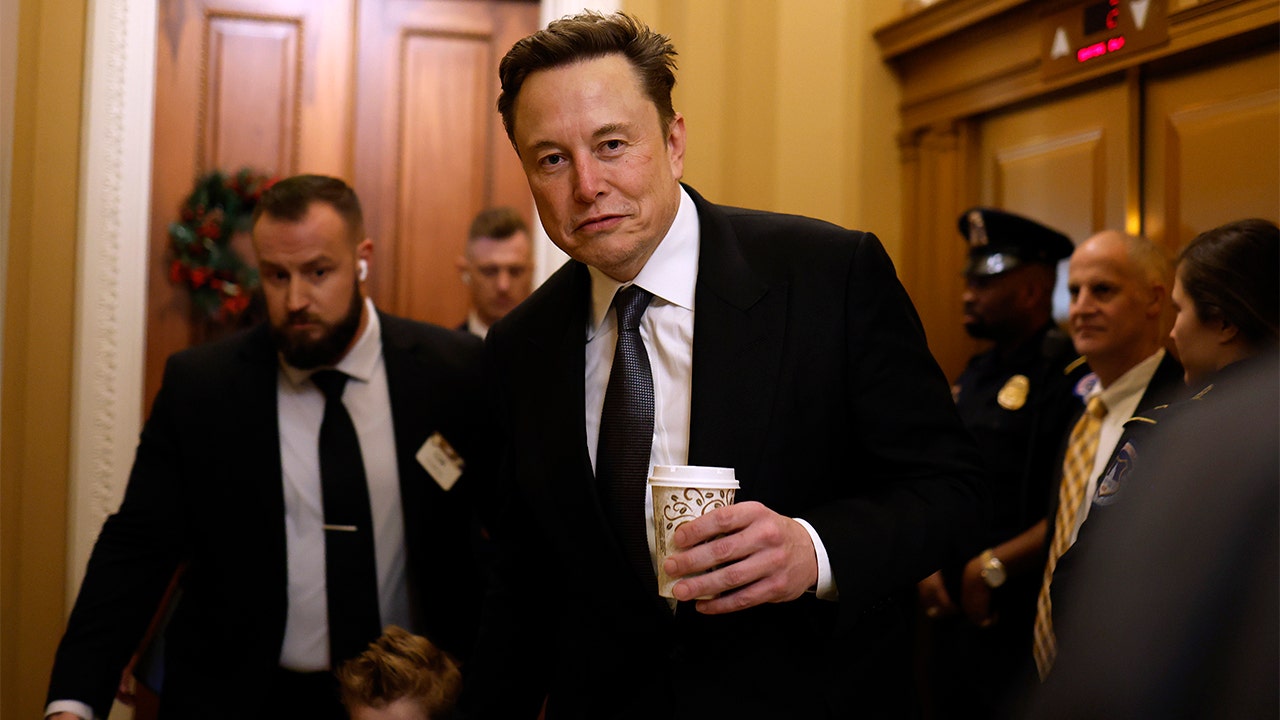Politics
Trump admin files motion to vacate restraining order prohibiting DOGE access to Treasury payment systems

The Trump Administration’s Motion to Modify a Court Order: Understanding the Context
In a recent legal move, the Trump administration sought to modify a court order that restricted access to sensitive Treasury Department payment records for the Department of Government Efficiency (DOGE), led by Elon Musk. This action highlights the administration’s efforts to maintain access to critical financial data, arguing that high-level officials need such information for effective governance.
The Administration’s Case for Access
Tom Krause, CEO of Cloud Software Group and a special government employee, argued that access to Treasury data is essential for top officials, including the Treasury Secretary and Under Secretaries, to perform their duties. While acknowledging that such access is not routine, Krause emphasized that extraordinary circumstances might necessitate it. This stance underscores the balance between national security and operational efficiency.
The Court’s Restraining Order: A Delicate Balance
Judge Colleen Kollar-Kotelly’s temporary restraining order imposed strict limits on who could access Treasury records, restricting not just political appointees but also employees from outside agencies. The order mandated the destruction of any downloaded materials, reflecting the court’s commitment to protecting sensitive information and ensuring compliance with legal standards.
The Underlying Lawsuit: Allegations of Unauthorized Access
A lawsuit by 19 attorneys general alleged that the Trump administration improperly granted DOGE access to Treasury systems, bypassing established protocols. This legal challenge points to broader concerns about data privacy and governmental overreach, raising questions about the limits of executive power in accessing sensitive financial information.
Implications for Government Operations and Privacy
The case brings to the forefront the tension between governmental efficiency and individual privacy. The involvement of high-profile figures like Elon Musk adds a layer of complexity, as the public scrutinizes the intersection of tech and governance. The outcome could set precedents for future access to government data, influencing how such information is managed and shared.
Broader Reactions and Future Considerations
As other states consider similar initiatives, the case sparks national conversations about digital governance and data security. The reaction from government employee unions and state leaders suggests a growing awareness of the need for transparent and secure data practices. This situation serves as a reminder of the evolving challenges in balancing technological advancement with legal and ethical considerations.











